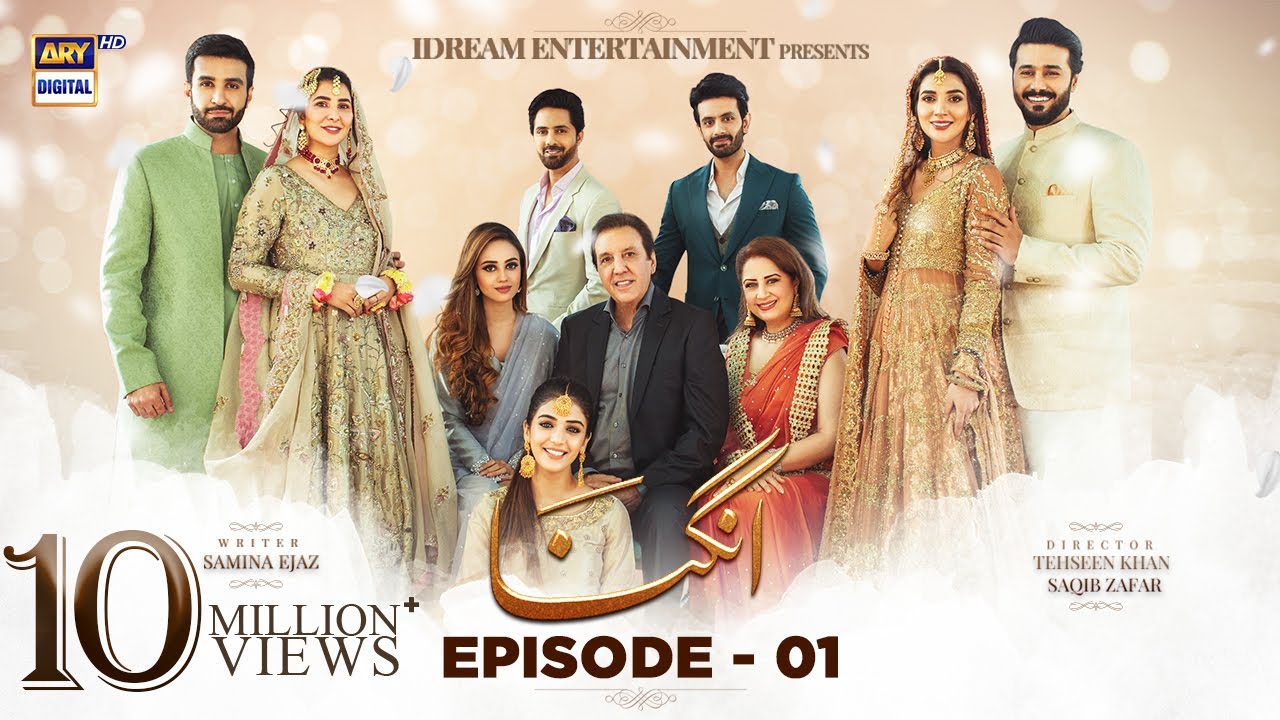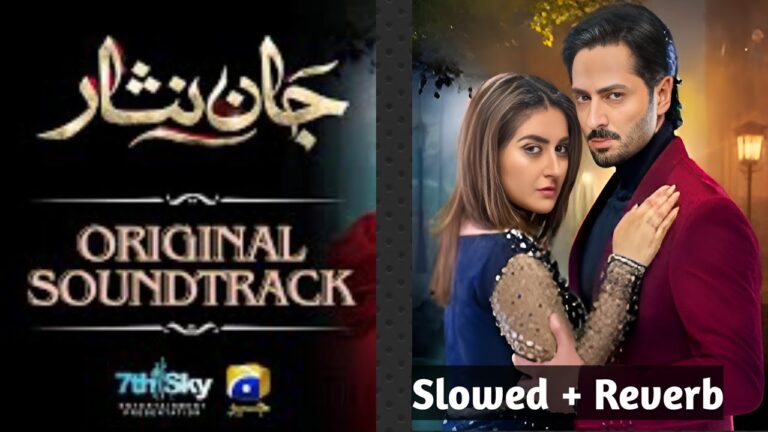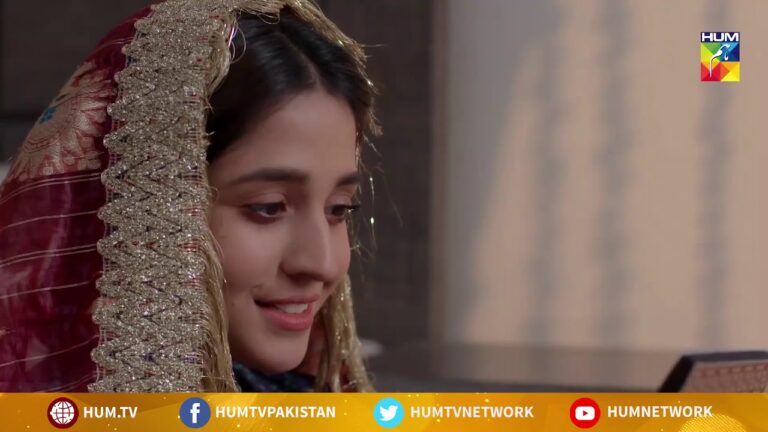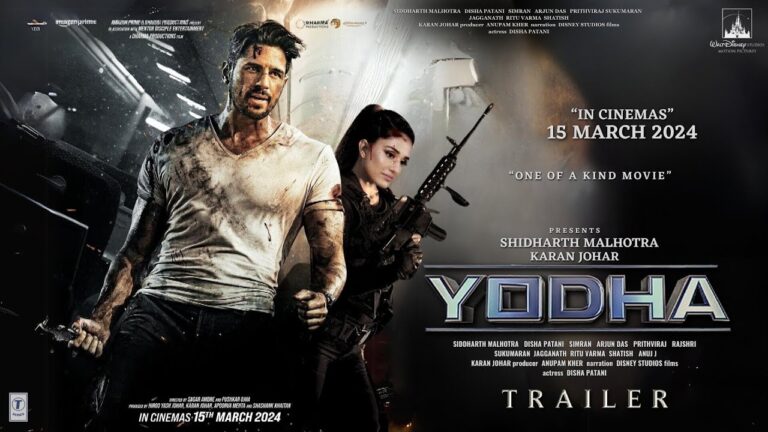Angna Drama Review: Broadcast in 2000, ARY Digital’s drama “Angna” etched its place in Pakistani television history for its bold portrayal of social injustices and its powerful exploration of the human spirit. This review delves into the narrative, characters, and enduring impact of this compelling drama.
A Story of Resilience and Defiance:
Angna unfolds in the confines of a feudalistic society, revealing the harsh realities faced by women like Anaarkali (Sanam Jung), the protagonist. Trapped within the patriarchal system, Anaarkali faces constant oppression and abuse from her in-laws, particularly her domineering brother-in-law, Murad (Noman Ijaz).
The narrative progresses through Anaarkali’s struggles as she refuses to succumb to societal pressures. Her unwavering spirit and relentless pursuit of justice ignite an internal conflict within her, forcing her to navigate between tradition and her yearning for autonomy.
Compelling Characters and Stellar Performances:
The drama boasts a stellar cast who deliver captivating performances, breathing life into the characters. Sanam Jung embodies Anaarkali’s strength and vulnerability with remarkable depth, showcasing her journey from silent victim to empowered advocate. Noman Ijaz embodies the chilling villainy of Murad, leaving viewers captivated and horrified by his portrayal.
The supporting cast, including Nadia Khan and Samiya Mumtaz, further enrich the narrative with their performances, adding layers of complexity and emotional resonance. Their portrayals shed light on the different perspectives and societal pressures at play within the story.
Beyond Entertainment: A Social Commentary:
Angna transcends mere entertainment by serving as a powerful social commentary. It sheds a light on the deeply ingrained injustices prevalent in feudalistic societies, highlighting issues like gender inequality, honor killings, and the suppression of women’s voices.
The drama compels viewers to confront these uncomfortable truths and ignites crucial conversations about the need for social change. It challenges the status quo and inspires viewers to advocate for human rights and equality.
Legacy and Impact:
Despite its initial broadcast in 2000, Angna’s impact continues to resonate today. Its bold and unflinching portrayal of social issues sparked national conversations and contributed to movements advocating for women’s rights in Pakistan.
The drama’s lasting legacy lies in its ability to raise awareness, encourage critical thinking, and inspire positive change. It serves as a testament to the power of storytelling in challenging societal norms and empowering individuals to fight for their rights.
Beyond the Narrative: Exploring the Nuances of Angna:
While the core review provides a solid foundation, further exploration can offer a deeper understanding of the drama’s significance and impact:
- Behind the Scenes: The Power of Storytelling: Examining the creative forces behind Angna, including the writer’s vision, the director’s approach, and the casting choices, can offer valuable insights into the creation of this impactful drama.
- The Soundtrack: Evoking Emotions: Analyzing how music and sound design are used throughout the narrative can reveal their contribution to the emotional impact of the story. Does the use of specific musical cues elevate moments of resilience, despair, or defiance?
- The Reception: Public Discourse and Change: Examining the public reception of Angna, including online discussions, reviews, and news articles, can shed light on how the drama resonated with audiences and potentially contributed to social discourse and progress.
Delving Deeper: Unveiling the Layers of Angna
The review of Angna provides a comprehensive overview of the drama’s core themes, its compelling characters, and its enduring legacy. However, further exploration can reveal additional layers of meaning and significance. Here are some aspects to delve deeper into:
1. The Price of Defiance:
While Anaarkali’s unwavering spirit and defiance are central to the narrative, it is crucial to examine the consequences of her actions within the patriarchal context.
- How does the drama portray the personal and societal costs Anaarkali faces for challenging the established power dynamics?
- Does the narrative suggest any possibilities for collective action or systemic change beyond individual defiance?
- How does Angna depict the complexities and challenges faced by women who choose to fight against societal norms, even if they face potential repercussions?
2. The Role of Men and Shifting Dynamics:
The drama primarily focuses on the experiences of women, but exploring the portrayal of men in the narrative can offer further insights.
- How does the drama depict the spectrum of male characters, from the villainous Murad to potentially more nuanced figures?
- Does the narrative suggest any possibilities for change or positive male role models who could challenge the status quo?
- How does Angna portray the potential for alliances or support from men within the fight for women’s rights?
3. The Portrayal of Social Fabric and Class:
Angna takes place within a specific social context, highlighting the stark realities of feudalism and class disparity. Further analysis can reveal the drama’s contribution to social understanding.
- How does the narrative depict the impact of the feudal system on the lives of different characters, particularly women?
- Does the drama offer any commentary on the potential for social mobility or challenging existing class structures?
- How does the portrayal of societal inequality resonate with audiences from different socio-economic backgrounds?
4. The Drama’s Enduring Relevance:
Angna resonated deeply with audiences in 2000 but also remains relevant today. Exploring this enduring relevance can offer valuable insights.
- How do the themes of gender inequality, oppression, and the fight for justice remain relevant in contemporary Pakistani society?
- How does the drama resonate with audiences facing similar struggles in different parts of the world?
- Can Angna serve as a catalyst for ongoing conversations about social change, even decades after its original broadcast?
By delving deeper into these additional aspects, one can gain a more nuanced understanding of Angna’s significance as a drama that transcends mere entertainment. It serves as a powerful reminder of the enduring fight for social justice, the importance of challenging oppressive structures, and the unwavering human spirit that strives for freedom and equality.
By exploring these additional aspects, one can gain a richer understanding of Angna’s significance as a social commentary and its lasting contribution to Pakistani society and beyond. The drama serves as a reminder of the power of challenging the status quo, raising awareness about social injustices, and inspiring positive societal change through the power of storytelling.










+ There are no comments
Add yours